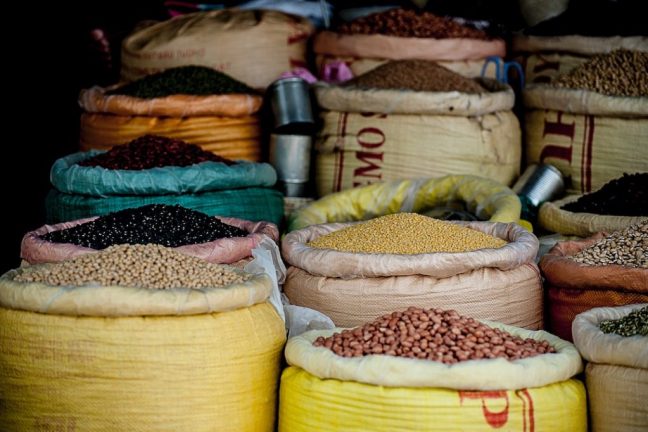
Supporters of vertical farms envision a future that has skyscraper farms beside work places and residences in urban centres. Their thinking is that by growing food where people are will help alleviate pressure on our soil and land use – and they’re right. Indeed, a recent realized spinoff benefit of vertical (or just indoor) farming is after a natural disaster these insulated farming systems can feed people in the impacted area.
In a way, Harvey was a test for Moonflower Farms. Founded by Marques in December 2015, it was one of the state’s very first indoor “vertical†farms—where plants are stacked in trays on shelves, instead of laid out horizontally across larger plots of land. In these high-tech structures, plants don’t rely on sunlight or soil, rainwater or pesticides, but LED lights and minerals instead. The goal of vertical farms isn’t just to save space; it’s also to find a more economical way of producing food for the growing population—and to reduce the costs and consequences of getting that food to where people actually live.
…
“We are kind of at the beginning of a revolution,†Per Pinstrup-Andersen, a graduate-school professor at Cornell University’s College of Human Ecology, told me. “We’re at the beginning of a very rapid development in the use of indoor controlled facilities for producing vegetables and some fruits,†he said. “No matter what happens with climate change, you still have your controlled environment.â€


